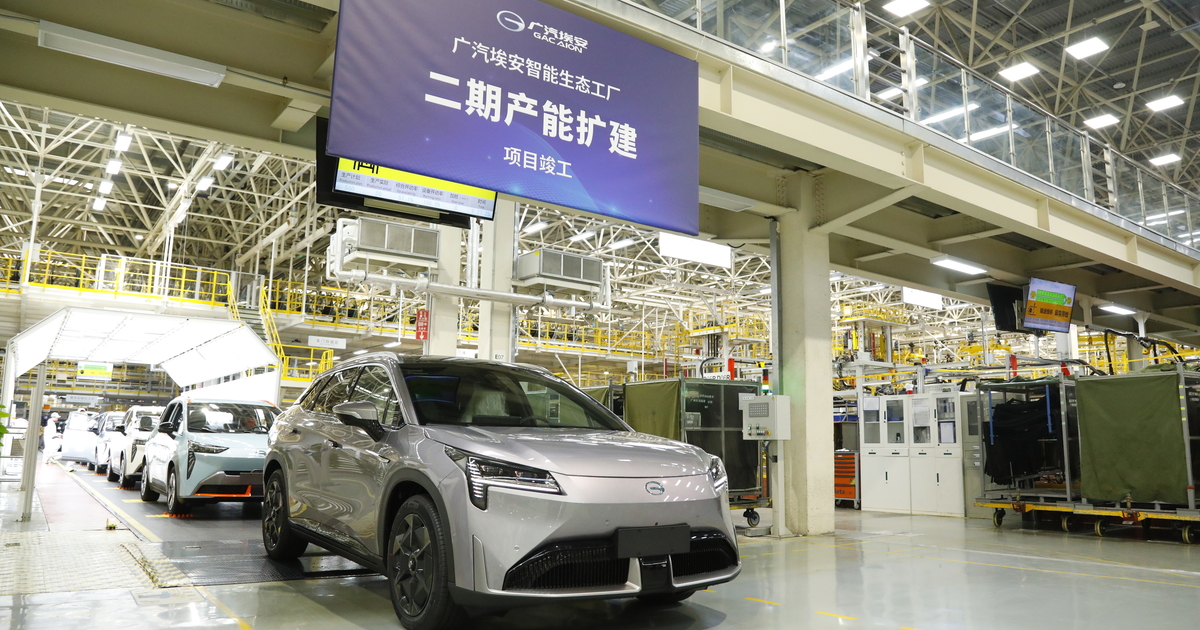
The wholesale volume of new vehicles industrywide shrank 35 percent year on year to below 1.65 million last month, the China Association of Automobile Manufacturers said on Friday.
The trade group blames the market contraction on the removal of government subsidies for electrified vehicles and tax cut on gasoline cars, and fewer working days due to the timing of the Chinese New Year holiday.
In January, shipments of light vehicles including sedans, crossovers, SUVs, multi-purpose vehicles and minibuses fell 35 percent to fall short of 1.47 million.
The volume for new commercial vehicles such as buses and trucks plunged 48 percent to around 180,000.
At the end of 2022, the subsidy program Beijing rolled out in 2010 for full electric vehicles and plug-in hybrids was phased out.
In 2022, EVs were eligible for up to 12,600 yuan ($1,850) in subsidies, while plug-in hybrids qualified for a flat subsidy of 4,800 yuan.
As a result, demand for full electric vehicles was more severely affected by the termination of the subsidies than that for plug-in hybrids.
In January, EV shipments dropped 28 percent to around 287,000 while sales of plug-in hybrids surged 43 percent to roughly 121,000.
On June 1, the Chinese government halved purchase tax to 5 percent for fuel-powered vehicles with engine sizes of up to 2.0 liters and priced at 300,000 yuan or below. The tax cut expired on December 31.
As a result, shipments of gasoline light vehicles tumbled 45 percent to some 904,000 last month, according to the CAAM.
This year, the week-long Chinese New Year holiday began on January 21. Last year, it started on January 31.
As the Chinese economy has yet to recover from the latest wave of the coronavirus outbreak, it is hard for the domestic auto market to stabilize in the first quarter without fresh policy incentives, the trade group warned.